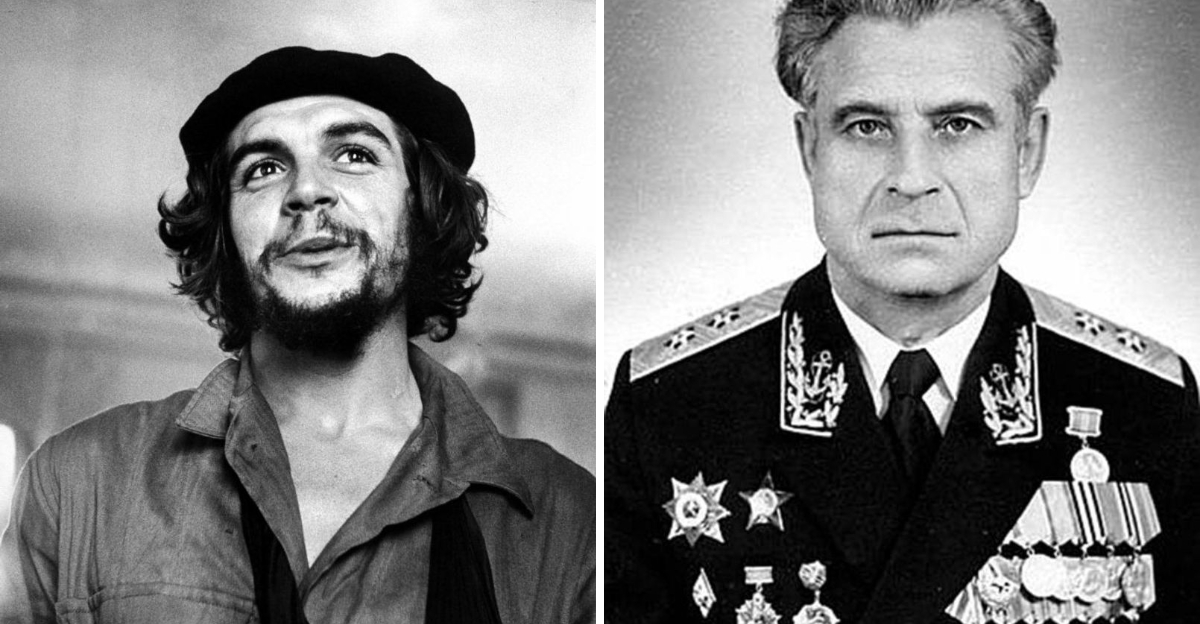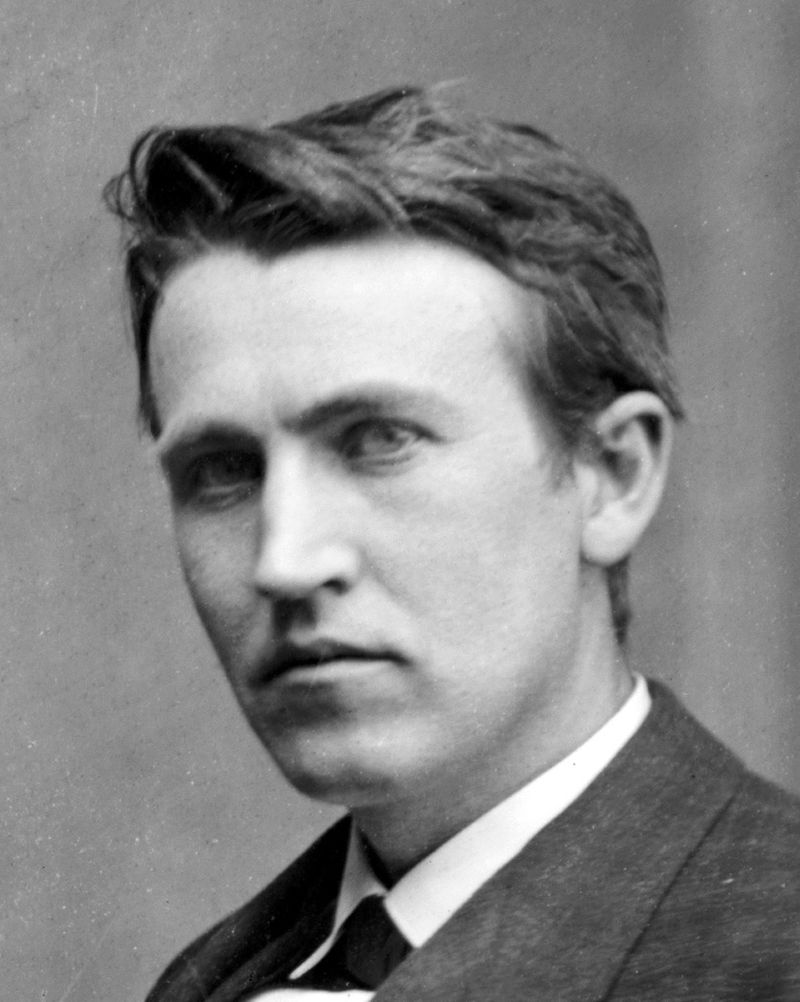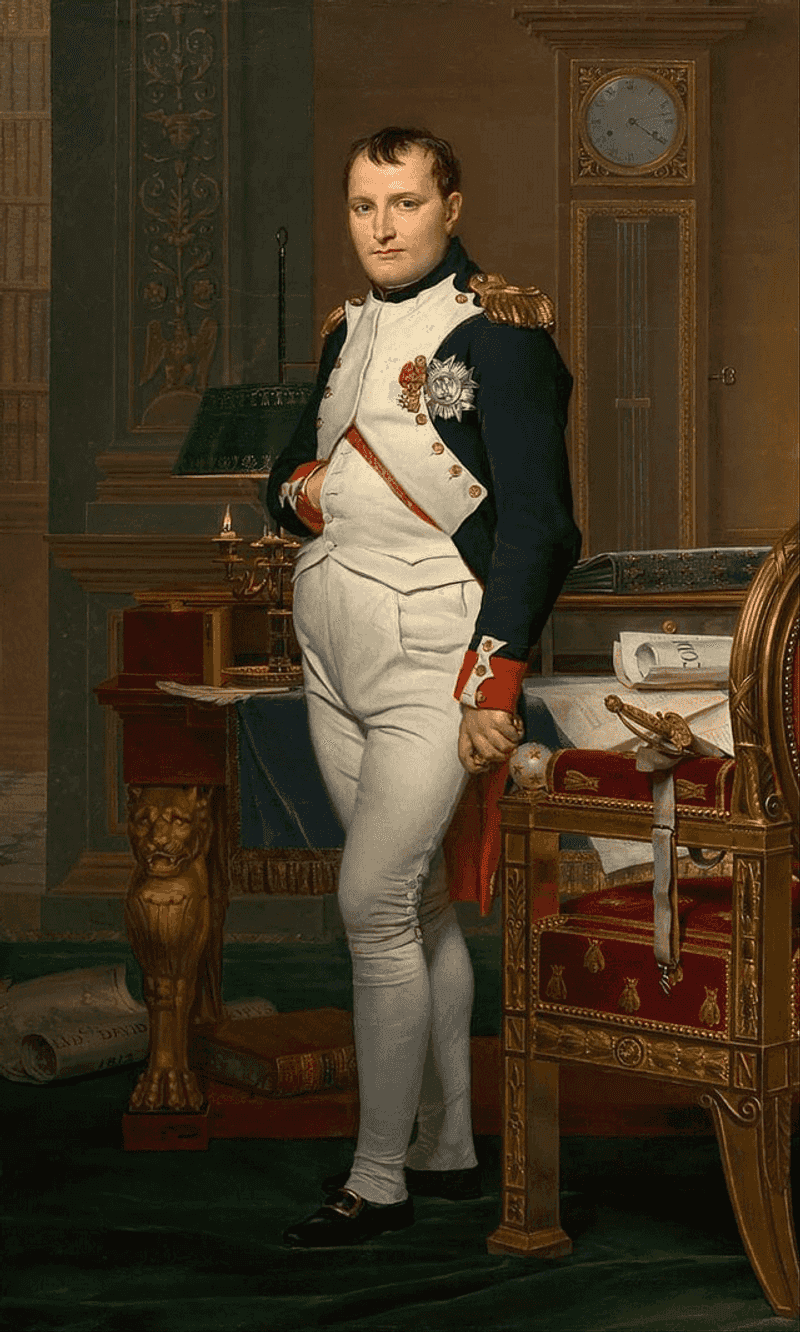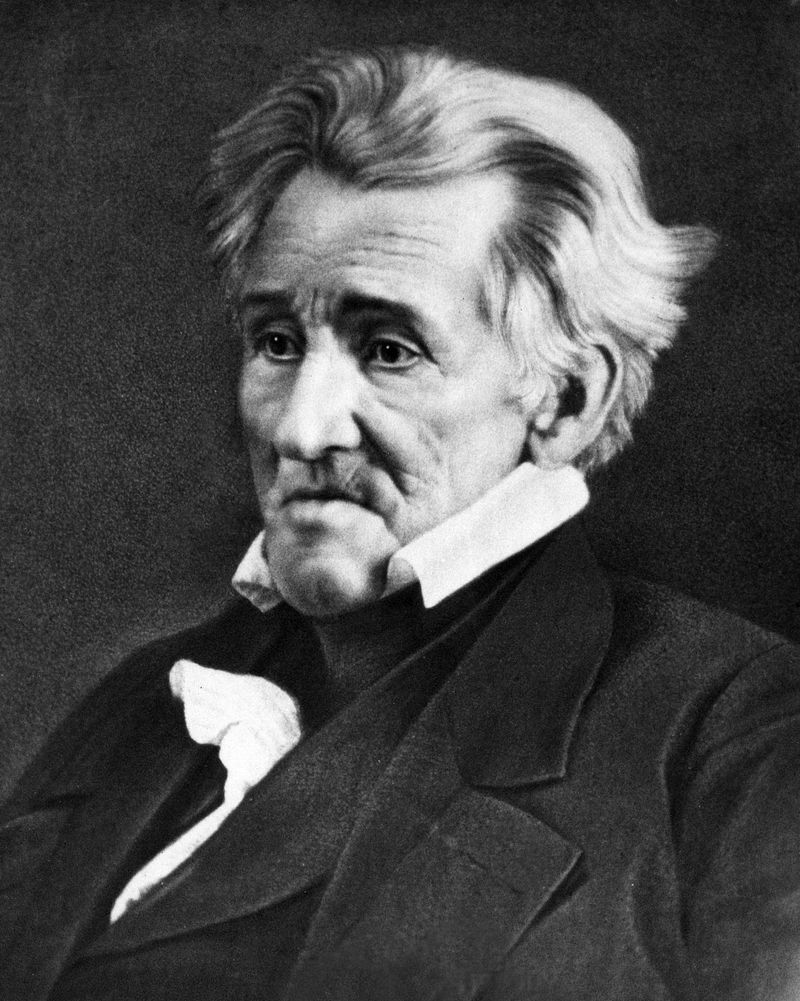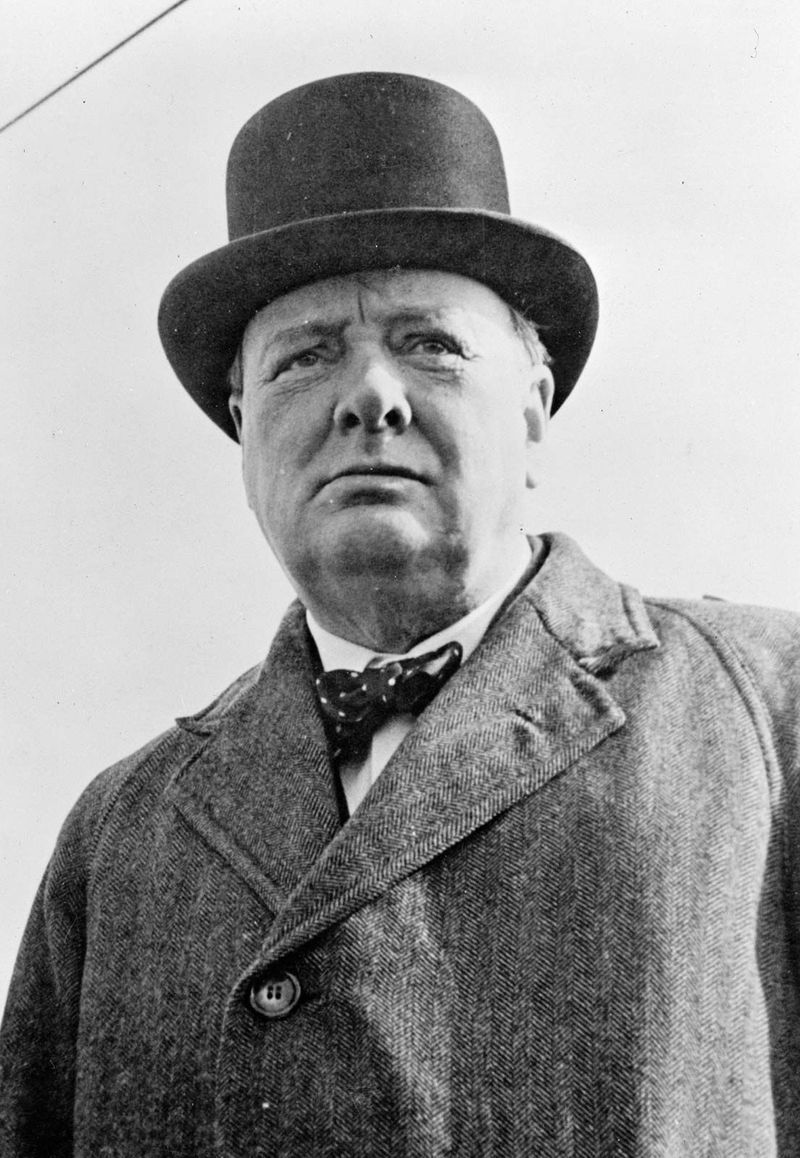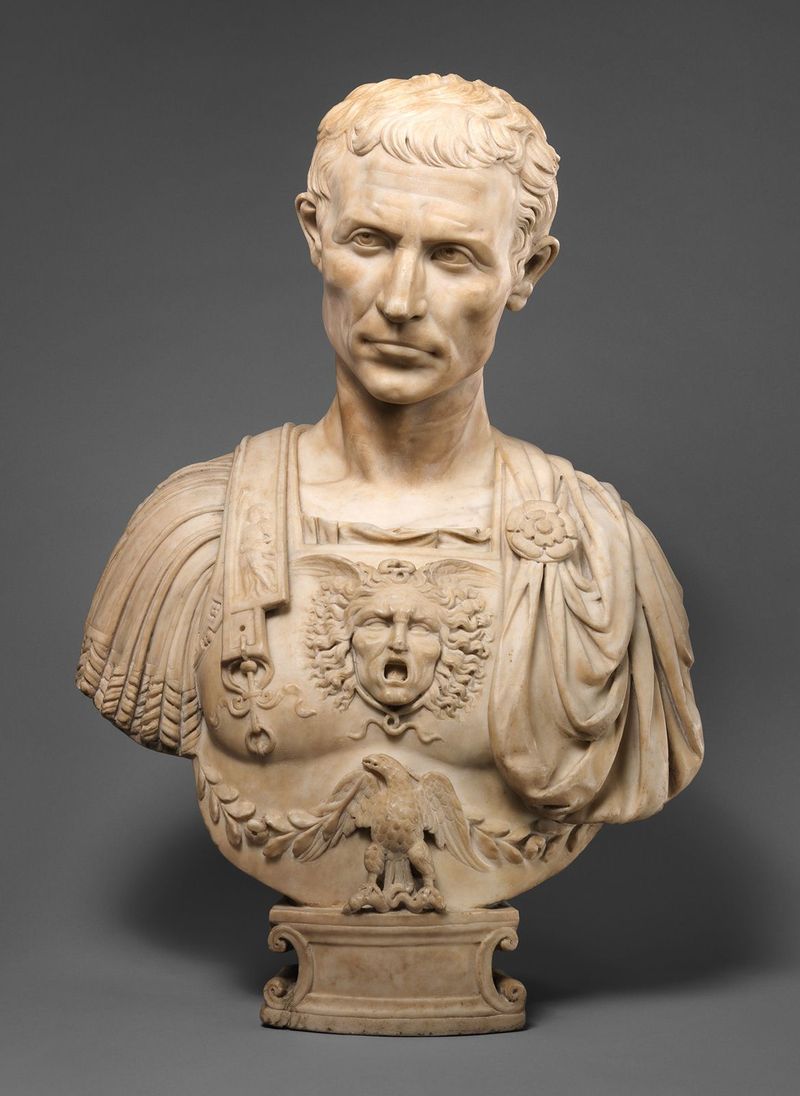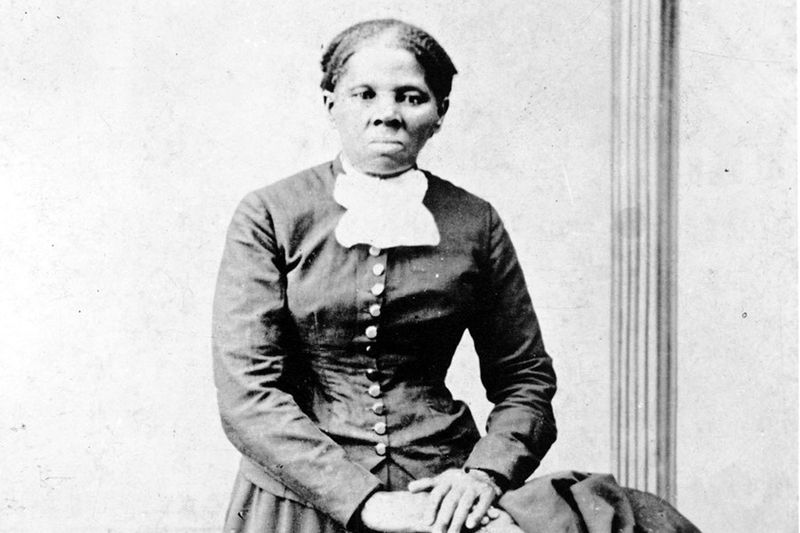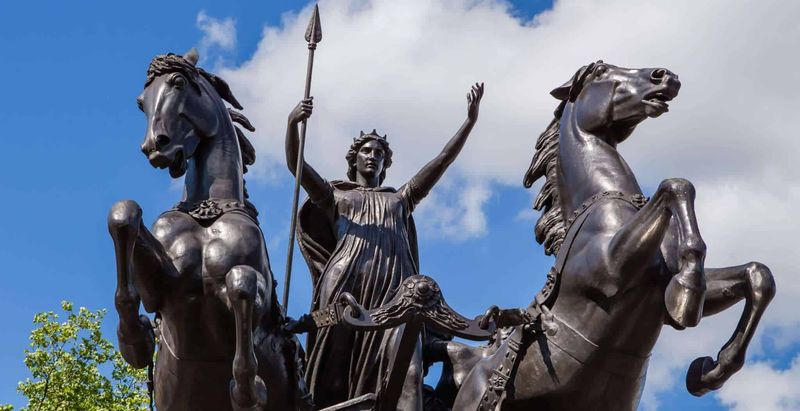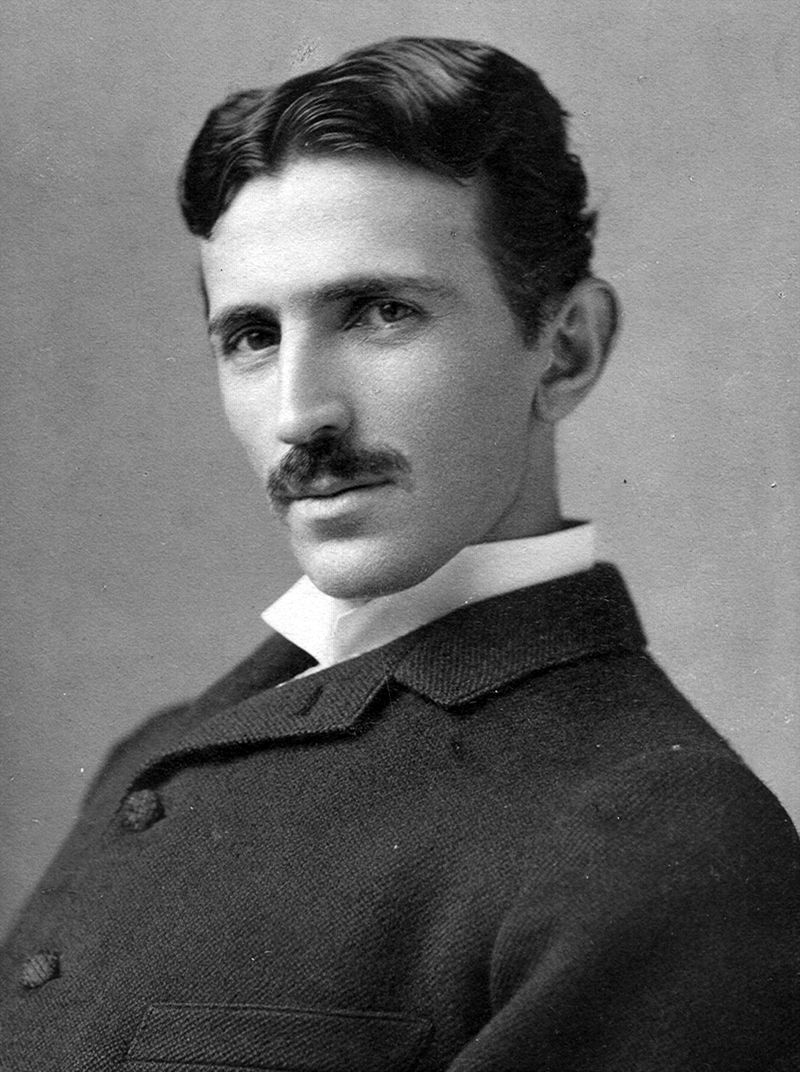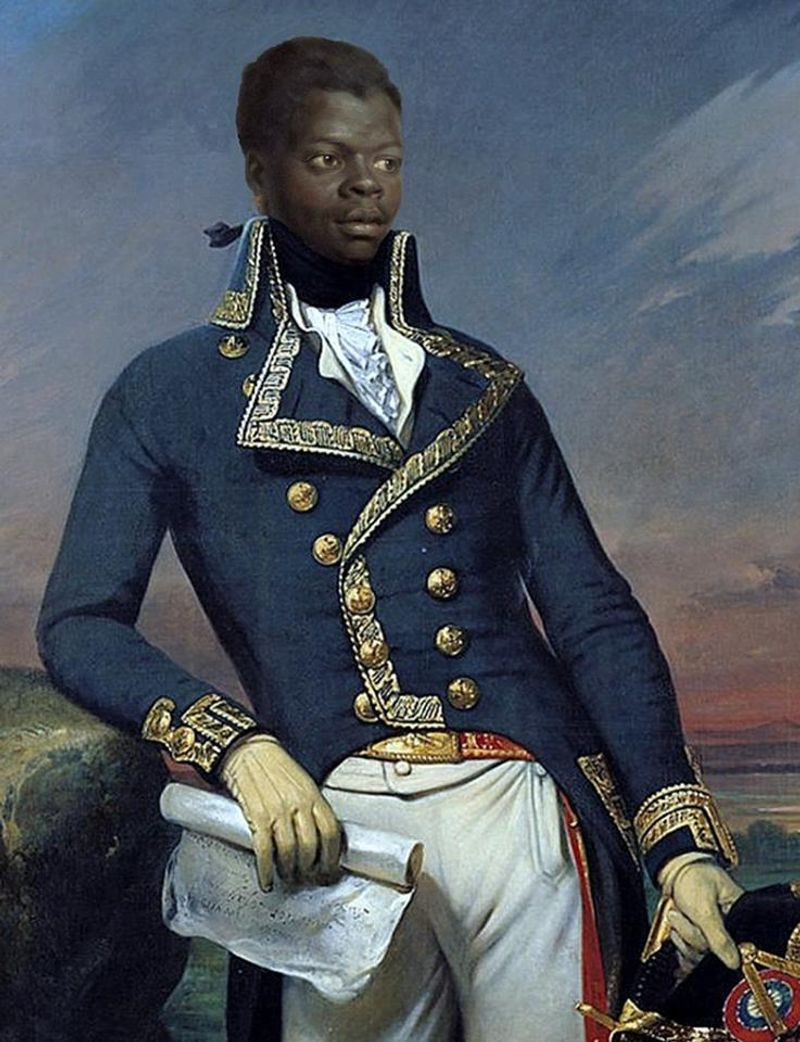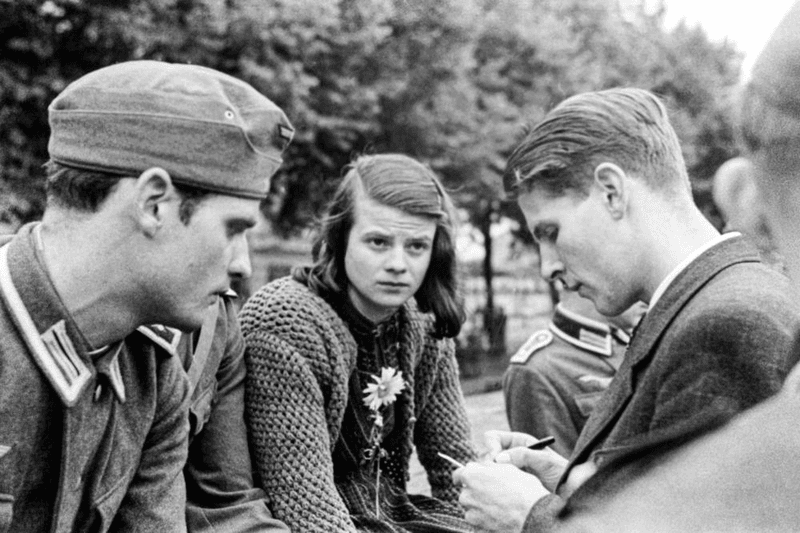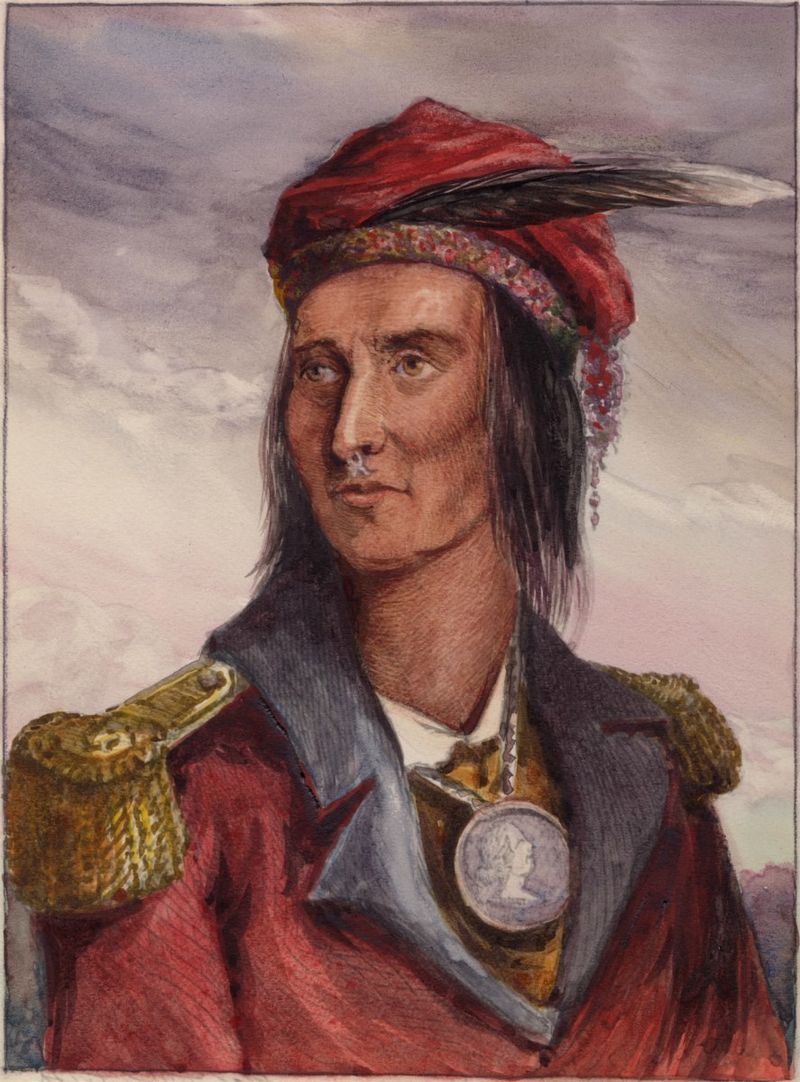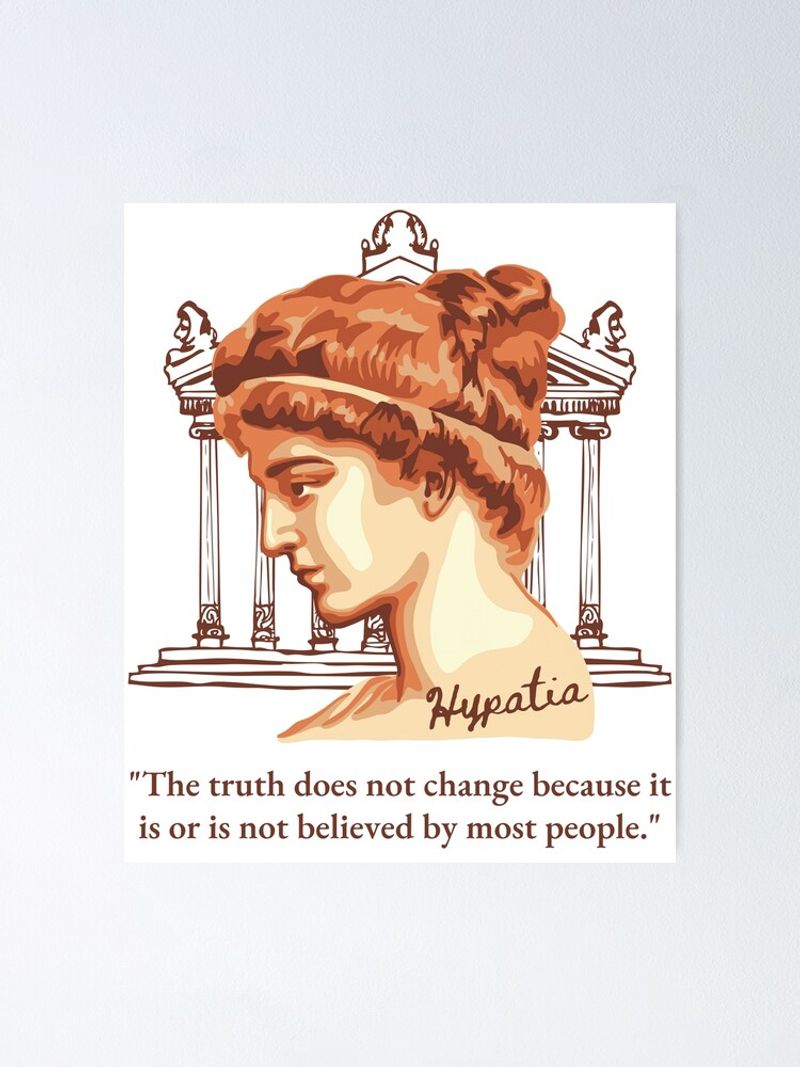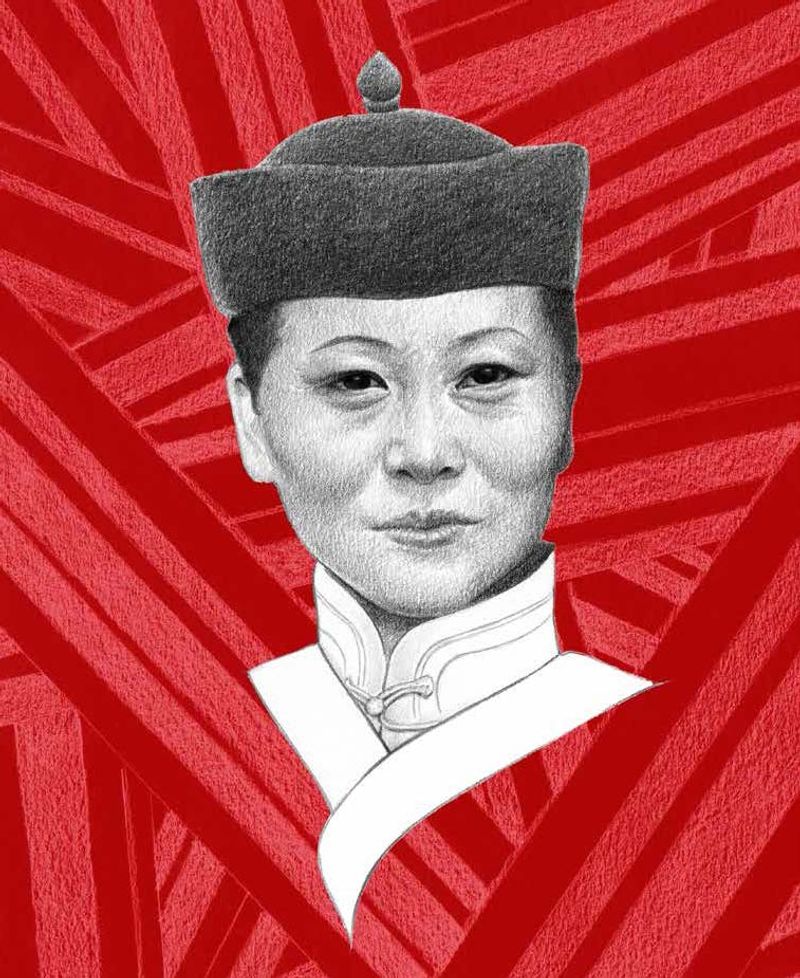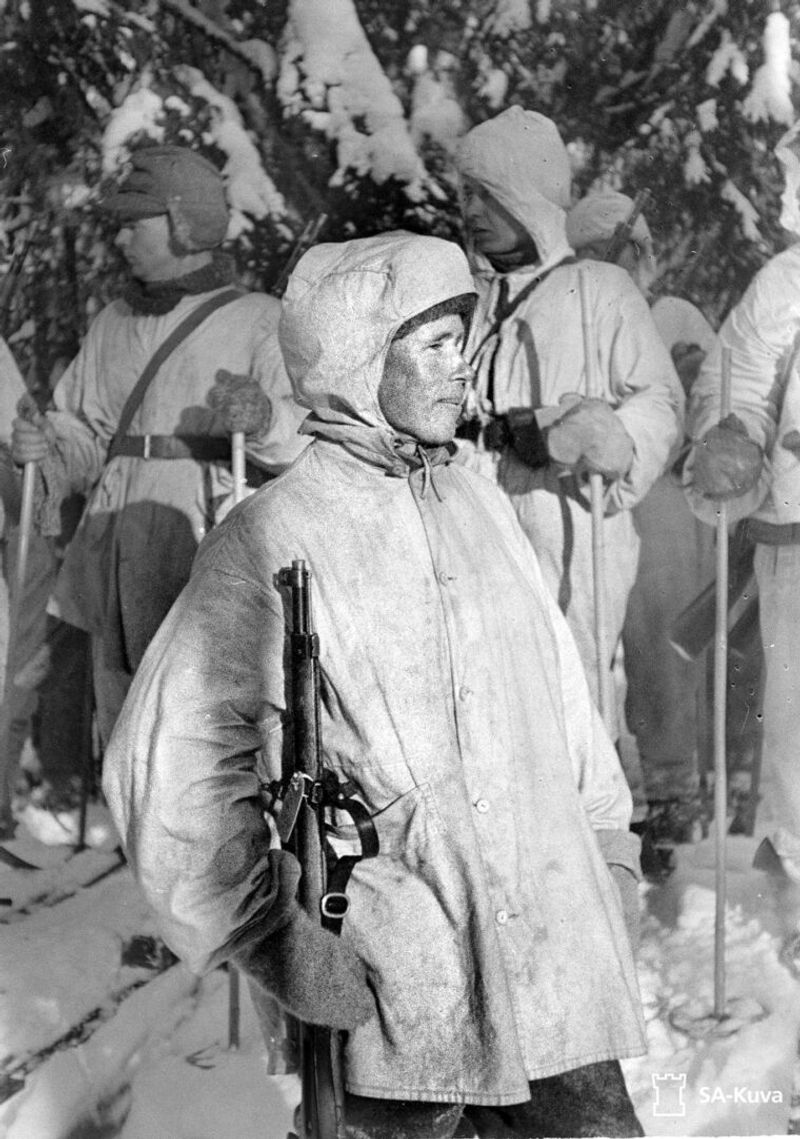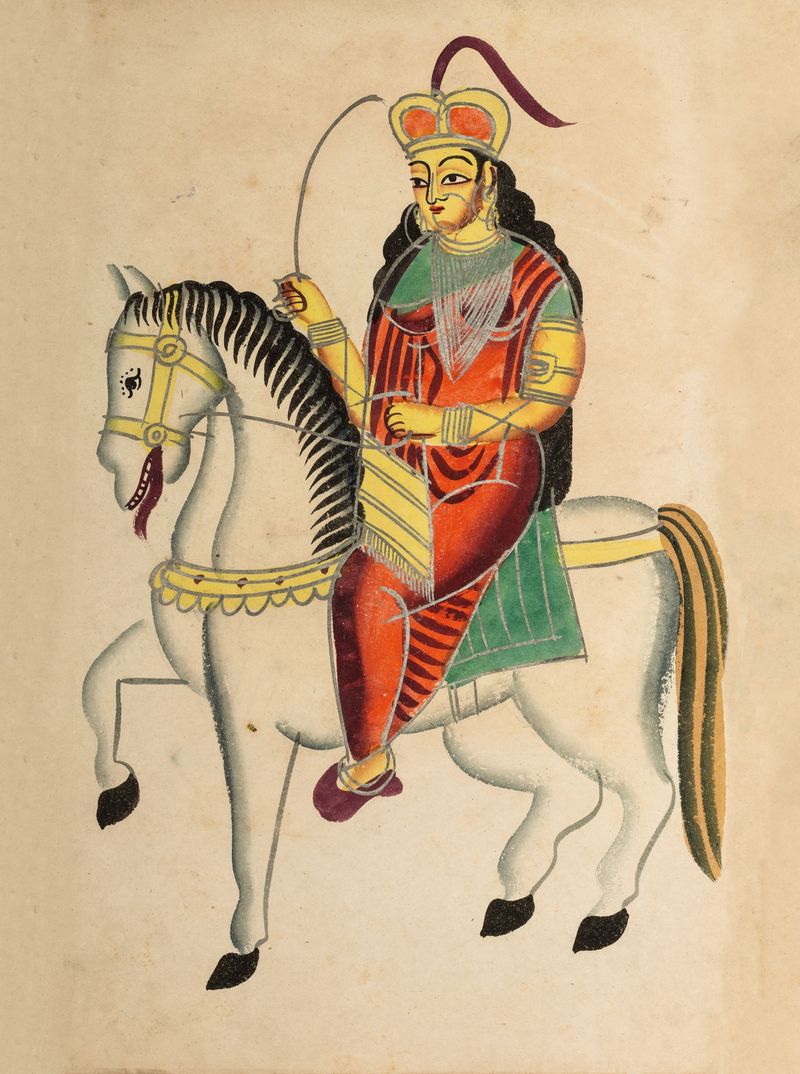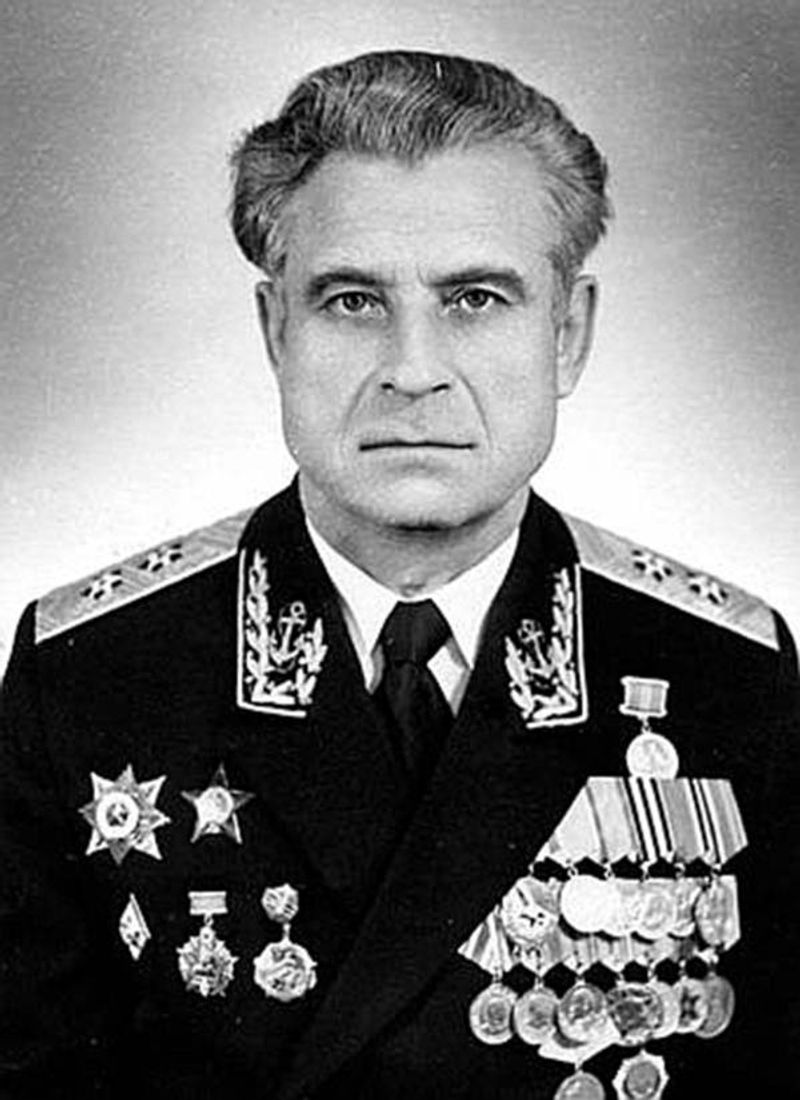History often elevates certain figures to legendary status while overlooking others who deserve the spotlight.
In this blog post, we will explore seven historical figures that may be considered overrated, and introduce you to thirteen true badasses whose contributions and courage have been unjustly overlooked.
From warriors and leaders to visionaries and rebels, these individuals have left an indelible mark on history. Let’s delve into their stories.
1. Christopher Columbus
Hailed as the ‘discoverer’ of America, Christopher Columbus never actually reached the mainland U.S. His expeditions led to the colonization of the Americas, marked by exploitation and violence against indigenous populations. Despite his celebrated status, Columbus’ legacy is marred by his role in launching centuries of oppression. His voyages were driven by a desire for wealth and power, rather than pure exploration. While he opened new trade routes, he also paved the way for devastating conquest. Columbus Day remains controversial due to the historical impact of his journeys.
2. Thomas Edison
Known for his inventive genius, Thomas Edison was more a brilliant businessman who capitalized on others’ ideas. While he held numerous patents, many of his inventions were refinements of existing concepts. Edison’s rivalry with Nikola Tesla highlights his competitive nature. Though credited with the electric light bulb, his version was an improvement on earlier models. Edison’s legacy is complex, embodying both innovation and controversy. His relentless pursuit of success often overshadowed the collaborative spirit of invention. Edison’s contributions are undeniable, yet his methods remain a topic of debate.
3. Napoleon Bonaparte
Napoleon Bonaparte, often hailed as a military genius, was an egomaniac whose ambitions led to chaos across Europe. His reign saw the reinstatement of slavery in French colonies, and his wars left the continent in ruins. Despite his tactical prowess, Napoleon’s thirst for power overshadowed his achievements. Embraced as a hero by some, he remains a polarizing figure. His influence reshaped Europe, but at great human cost. Napoleon’s story is one of hubris and ambition, exemplifying the dual nature of leadership that both builds and destroys.
4. Andrew Jackson
Andrew Jackson, dubbed the ‘man of the people,’ was a controversial U.S. President whose policies led to the forced relocation of thousands of Native Americans. The Indian Removal Act and the Trail of Tears define his legacy, overshadowing his populist appeal. Known for his fiery temper, Jackson’s presidency was marked by divisive and often brutal policies. Though he expanded democratic participation for white men, his actions were detrimental to others. Jackson’s complex legacy reflects a period of expansion at great moral and ethical cost. His story is one of contradiction.
5. Winston Churchill
Celebrated as a hero of WWII, Winston Churchill’s legacy is also marked by his staunch imperialism. His leadership during the war is widely praised, yet his policies led to famines and suppressed uprisings in colonies. A master of rhetoric, Churchill’s speeches inspired a nation, but his imperial views reflect the complexities of his era. His role in the Bengal Famine remains a point of contention. While his wartime leadership was vital, his broader policies underline the darker aspects of his tenure. Churchill’s legacy is both inspiring and problematic.
6. Julius Caesar
Julius Caesar, a pivotal figure in Roman history, was more propagandist than statesman. His rise to power signaled the end of the Roman Republic, ushering in a new era of autocracy. While known for his military conquests, Caesar’s political maneuvers were equally ambitious. His assassination was a consequence of his concentration of power. Despite his reforms, Caesar’s legacy is one of ambition and control. The transformation of Rome under his rule reflects the duality of a leader both celebrated and reviled. Caesar’s life illustrates the perils of unchecked ambition.
7. Che Guevara
Icon of rebellion, Che Guevara was a key figure in the Cuban Revolution, but his legacy is complex. Known for his charisma and revolutionary fervor, Guevara was also involved in political purges and executions. While his image is celebrated by many, his methods were often ruthless. Guevara’s life was driven by his vision of global socialism, yet his actions raise ethical questions. His impact on revolutionary movements is significant, but not without controversy. Guevara’s story is emblematic of the idealism and harsh realities of revolutionary change.
1. Harriet Tubman
With unwavering courage, Harriet Tubman escaped slavery and risked her life to rescue others via the Underground Railroad. Her commitment to freedom led her to become a spy during the Civil War, aiding Union efforts. Tubman’s remarkable life is a testament to her indomitable spirit and dedication to justice. A true heroine, she navigated dangerous paths to bring others to safety. Tubman’s legacy is one of empowerment and resilience, inspiring future generations to fight for equality. Her story is a beacon of hope and courage.
2. Boudica
Boudica, the fierce queen of the Iceni tribe, led a remarkable rebellion against Roman occupation in Britain. Known for her fiery spirit, she united various tribes in a formidable uprising. Despite initial victories, her revolt ultimately failed, but her courage left a lasting legacy. Boudica’s story is one of resistance and determination, challenging the might of an empire. Her ability to inspire and lead is celebrated as a symbol of defiance. Boudica’s legacy endures as a powerful reminder of the struggle for autonomy and justice.
3. Nikola Tesla
A true visionary, Nikola Tesla revolutionized technology with his groundbreaking work on alternating current, radio concepts, and wireless technology. Unlike many contemporaries, Tesla focused on innovation over profit. His imaginative mind conjured ideas that were ahead of his time. Tesla’s legacy is celebrated for its enduring impact on modern electricity and communication systems. While he died impoverished, his contributions continue to shape the technological landscape. Tesla’s story is one of brilliance and innovation, marked by his relentless pursuit of scientific advancement at any cost.
4. Toussaint Louverture
Toussaint Louverture, a self-educated former slave, played a pivotal role in the Haitian Revolution. Leading the fight against French, Spanish, and British forces, he was instrumental in ending slavery on the island. Louverture’s leadership and strategic acumen earned him recognition as a brilliant military tactician. His vision extended beyond liberation, aspiring for a prosperous, independent Haiti. Despite eventual capture and death in France, his legacy endures as a symbol of freedom and resistance. Louverture’s story is one of courage and the relentless pursuit of equality.
5. Sophie Scholl
Sophie Scholl, a German student, bravely resisted Hitler’s regime through the White Rose movement. Executed at 21 for distributing anti-Nazi leaflets, her courage resounded globally. Scholl’s commitment to justice and moral integrity exemplifies youthful defiance. Her actions, though short-lived, continue to inspire those who stand against oppression. Scholl’s remarkable courage and willingness to fight for her beliefs highlight the power of individual resistance. Her legacy is a reminder of the importance of speaking out against tyranny, regardless of the cost.
6. Tecumseh
Tecumseh, the Shawnee leader, aimed to unite tribes against U.S. expansion. Known for his diplomatic skills and charisma, he forged alliances to resist encroachment on indigenous lands. Tecumseh’s vision was a united front to safeguard native territories. His eloquence and leadership earned respect and admiration, but he ultimately faced defeat. Tecumseh’s legacy endures as a symbol of resilience and unity. His commitment to preserving native sovereignty remains a poignant chapter in history. Tecumseh’s story is one of courage and unwavering dedication to his people’s cause.
7. Hypatia of Alexandria
Hypatia of Alexandria, a brilliant mathematician, astronomer, and philosopher, defied patriarchal norms in 5th-century Egypt. Her intellectual prowess and teachings made her a revered figure in the ancient world. Hypatia’s commitment to knowledge and education challenged societal constraints. Her tragic death at the hands of a mob underscores the peril of standing against ignorance. Despite her untimely demise, Hypatia’s legacy of wisdom and courage endures. Her life and work continue to inspire those who value truth and reason. Hypatia’s story is one of intellect and defiance.
8. Bayard Rustin
Bayard Rustin, an unsung hero of the Civil Rights Movement, was instrumental in organizing the 1963 March on Washington. Openly gay, Rustin faced discrimination yet remained steadfast in his activism. His strategic brilliance and commitment to nonviolence were key to the movement’s success. Rustin’s contributions, often overshadowed, are vital to understanding the civil rights struggle. His life is a testament to the power of perseverance and principle. Rustin’s story is one of courage and the relentless pursuit of justice, embodying the spirit of advocacy and change.
9. Ching Shih
Ching Shih, a former sex worker, became one of history’s most successful pirates, commanding over 300 ships in 19th-century China. Her strategic acumen and leadership skills were unmatched, allowing her to dominate the South China Sea. Ching Shih’s code of conduct ensured loyalty and discipline among her crew. Despite facing powerful naval forces, she maintained her pirate empire’s strength. Her story is one of transformation and resilience, challenging gender norms and achieving legendary status. Ching Shih’s legacy endures as a symbol of leadership and tenacity.
10. Claudette Colvin
Claudette Colvin, at just 15, refused to give up her seat on a segregated bus in Montgomery, Alabama, before Rosa Parks. Her courageous act was a precursor to the Civil Rights Movement, though overshadowed by Parks’ later protest. Colvin’s defiance highlighted the injustices faced by African Americans. Her story, often overlooked due to her age and class, exemplifies youthful bravery. Colvin’s actions were instrumental in challenging segregation laws. Her legacy is a testament to the power of youthful resistance and the pursuit of equality.
11. Simo Häyhä
Nicknamed ‘White Death,’ Simo Häyhä was a legendary Finnish sniper during the Winter War, credited with over 500 kills. His unmatched marksmanship and stealth tactics became a symbol of Finnish resilience. Häyhä’s ability to strike fear into the enemy earned him a place in military history. Despite battling extreme cold and injury, his resolve never wavered. Häyhä’s story is one of precision and bravery, reflecting the harsh realities of war. His legacy continues to inspire marksmen worldwide. Häyhä’s tale is a testament to skill and tenacity under fire.
12. Rani Lakshmibai
Rani Lakshmibai, the warrior queen of Jhansi, led her troops into battle during India’s 1857 uprising against British rule. Known for her bravery and strategic acumen, she became a symbol of resistance against colonial oppression. Lakshmibai’s leadership inspired her people to fight for independence, even in the face of overwhelming odds. Her story is one of valor and determination, embodying the struggle for freedom. Lakshmibai’s legacy is celebrated as a beacon of courage and defiance. Her life continues to inspire those who stand against tyranny.
13. Vasili Arkhipov
Vasili Arkhipov, a Soviet naval officer, played a crucial role during the Cuban Missile Crisis by preventing the launch of a nuclear torpedo. His calm judgment averted a potential global catastrophe. Arkhipov’s decision exemplifies the power of reason and restraint in dire situations. Despite the immense pressure, he advocated for peaceful resolution. His story stands as a reminder of the importance of individual responsibility in the face of immense stakes. Arkhipov’s legacy is one of heroism and foresight, highlighting the impact of a single decision on world history.
